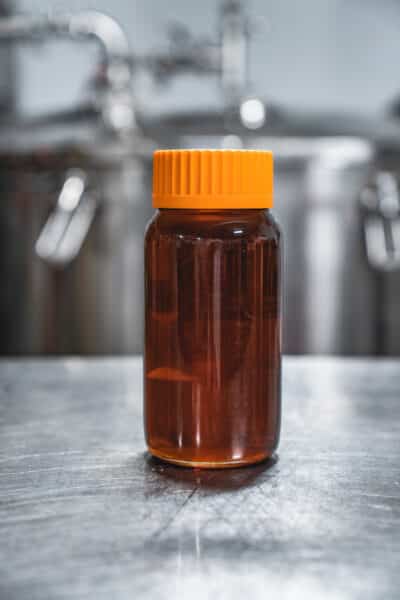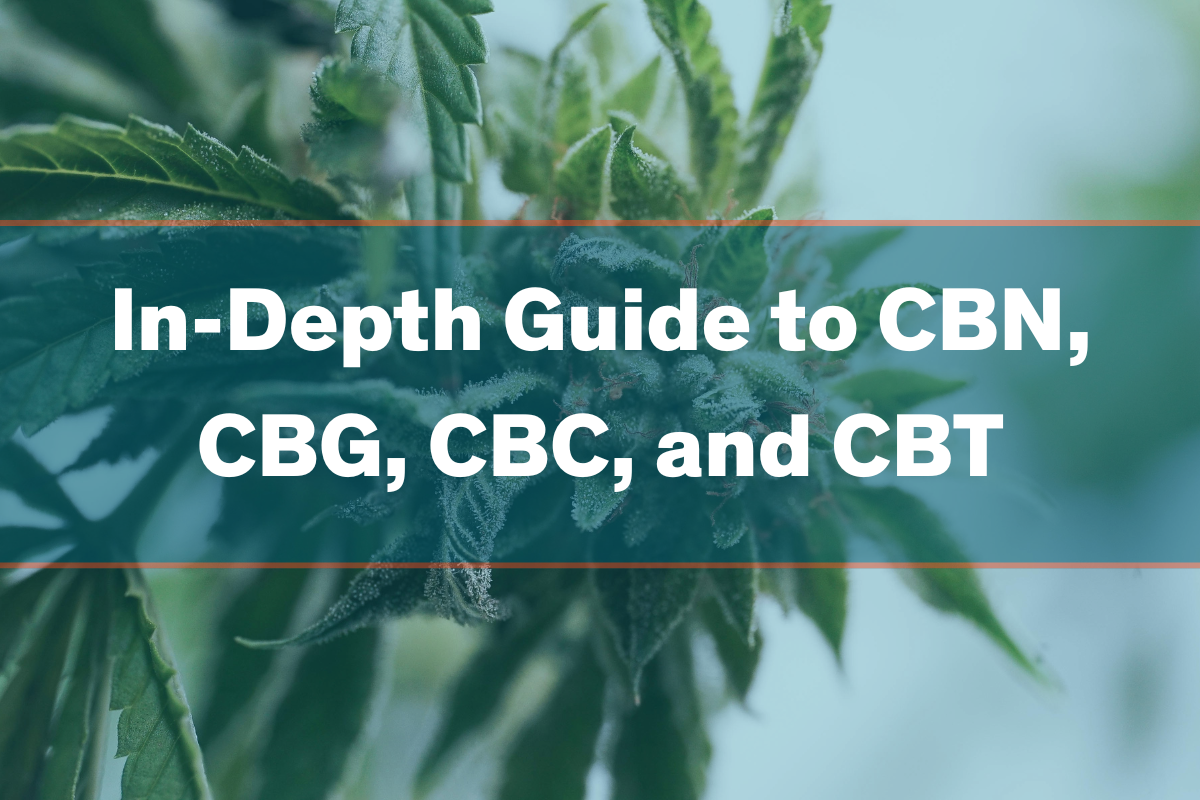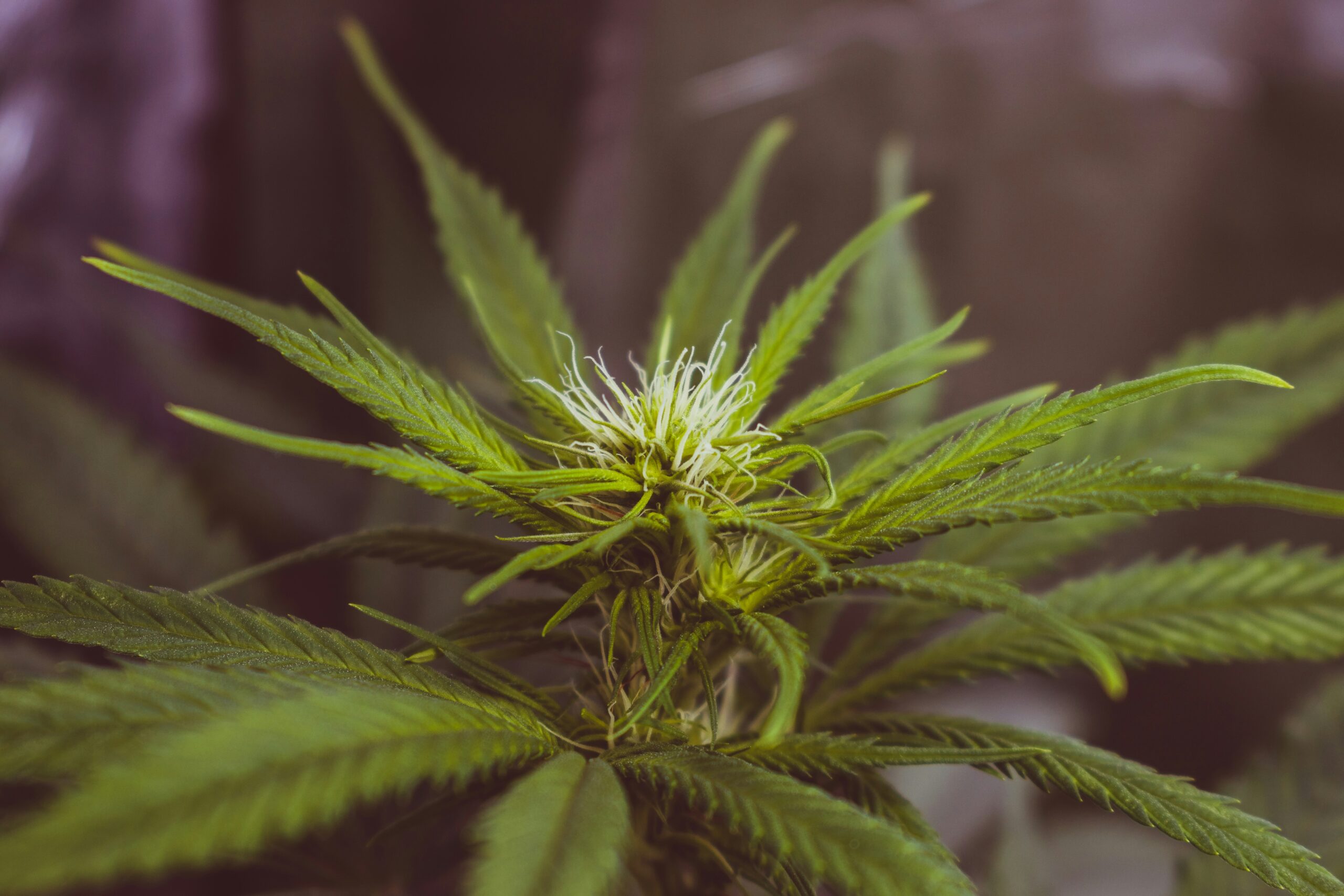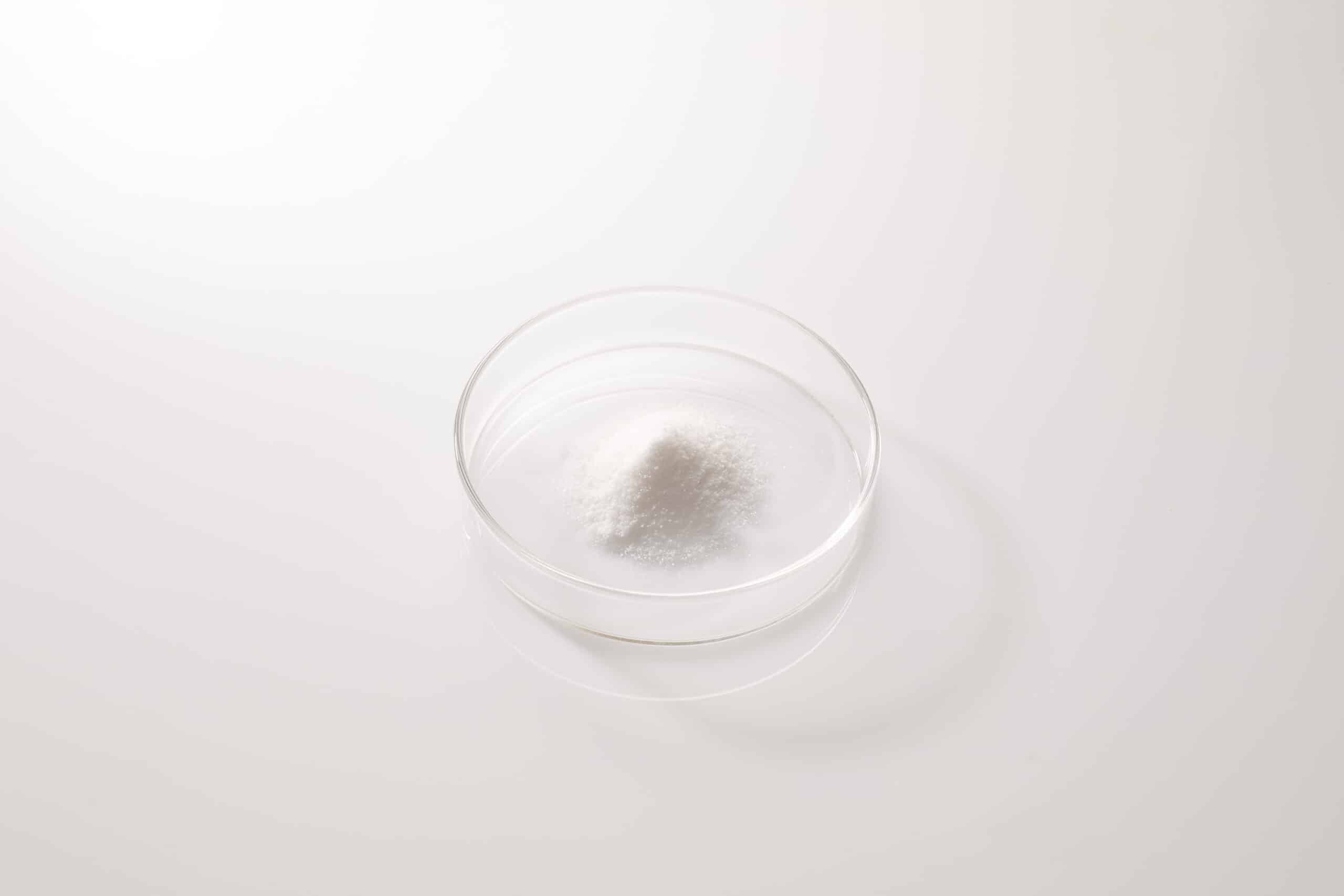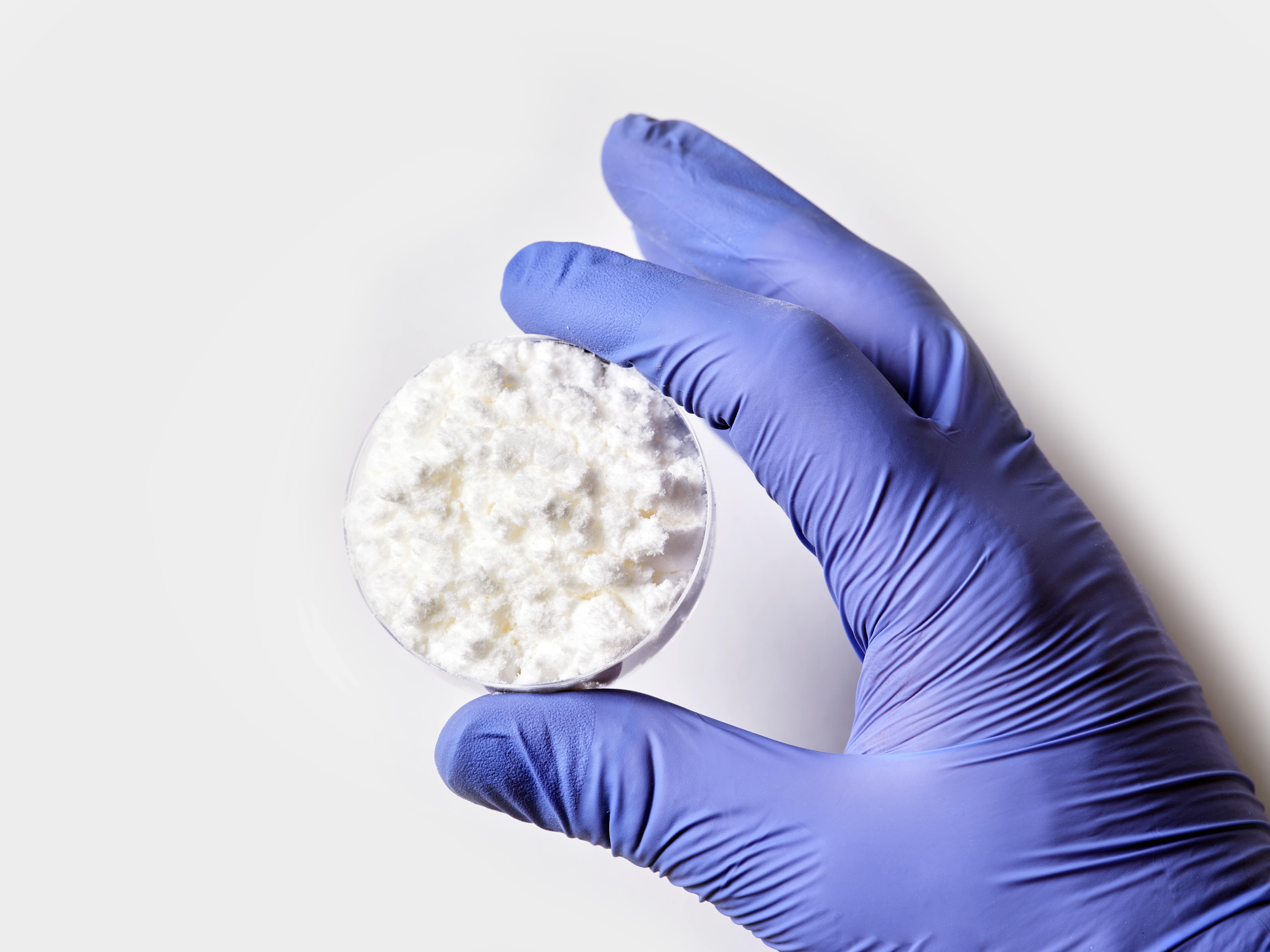Starting a hemp business in North Carolina might follow a slightly different process than in other states, but as one of the original American Colonies to engage in cannabis cultivation, hemp is still at the core of this coastal state’s culture. Grown in the reedy marshland along North Carolina’s coast, hemp became a staple crop for its usefulness in making strong and durable sailcloth.
Nowadays, North Carolina mainly turns to hemp for CBD, not canvas. This notably pro-commerce state remains stalwart in its defense of hemp, however, fully and permanently removing it from the North Carolina list of controlled substances in 2022¹.
That wasn’t the only major change to occur within the North Carolina hemp economy in 2022. With the state’s hemp industry now overseen directly by the federal government², how might the situation change for existing or prospective hemp producers? Learn all the details in this comprehensive guide to starting a hemp business in North Carolina.
North Carolina cannabinoid law overview
– Hemp cultivation and CBD commerce originally became legal in North Carolina in 2017 due to a state pilot program³
– This program expired in 2022, however, briefly raising concerns⁴ that CBD would be “illegalized”
– If the hemp program had expired without new legislation taking its place, CBD commerce would, indeed, have been affected since North Carolina is one of the few states where hemp itself was considered an illicit drug
– At the last minute, NC lawmakers came to a deal⁵ under which hemp and CBD products became permanently legalized in the state
– With the expiration of the hemp pilot program, however, the state elected to hand jurisdiction of its hemp industry over to the federal government
– Hemp cultivators and processors must now seek licensing directly from the USDA
– New hemp legislation⁶ would set standards for regulation of CBD products in North Carolina by 2024
Can I sell CBD in North Carolina?
Yes, it is legal to sell CBD products in North Carolina. In the absence of comprehensive state regulations, the position on CBD in North Carolina reverts to the federal level, at which the 2018 Farm Bill provides clear guidance for hemp CBD products. If products contain less than 0.3% delta-9 tetrahydrocannabinol on a dry weight basis, they are “industrial hemp” and not, therefore, governed by regulations pertaining to the illegal drug “marijuana.”
Now that CBD and hemp are permanently legal, North Carolina lawmakers are seeking to impose restrictions on the types of hemp products that can be marketed within their state and where they can be sold. The primary focus of this legislation is to crack down on sales of delta-8 and other THC-like cannabinoids, primarily for the purpose of keeping them out of the hands of minors.
Recent changes to hemp legislation in North Carolina only show that lawmakers in the state are becoming more friendly toward hemp over time and seek to expand cannabinoid commerce as long as it is done safely and appropriately. Expect certain restrictions to appear around the sale of CBD and other cannabinoid products in North Carolina in the near future, but also expect that these restrictions will not be aimed at limiting commerce but rather at maintaining consumer safety.
Is it legal to grow hemp in North Carolina?
Yes, growing hemp is legal in North Carolina. Since 2022, hemp cultivation in the state has been under the direct governance of the United States Department of Agriculture (USDA)⁷, which oversees the hemp programs in a variety of other states as well. New or existing North Carolina hemp cultivators seeking licensing will need to work with the USDA now since the North Carolina Department of Agriculture & Consumer Services no longer governs hemp production.
Do you need a license to grow hemp in North Carolina?
Yes, licensing is required to grow hemp in North Carolina. If a state does not choose to manage hemp licensing itself, governance falls to the USDA, which is in charge of issuing hemp licensing in North Carolina.
North Carolina hemp license process
The USDA has created a dedicated portal for all hemp licensing and registration activity called the Hemp eManagement Platform (HeMP). Aspiring hemp cultivators or processors in North Carolina must apply for licensing through this platform.
Many components of the USDA hemp licensing process are very similar to the processes used in other states: It is necessary, for instance, to pass an FBI background check and submit a thorough application. Entrepreneurs with hemp experience in other states might notice that North Carolina does not charge fees for USDA hemp license applications.
Some fees may be applicable in certain situations, but it is also sometimes possible to become licensed by the USDA to grow or process hemp without paying any fees whatsoever. As more states lose their provisional hemp programs and gather under the USDA banner, expect the norms surrounding hemp licensing to change nationwide.
Does North Carolina have a good climate for hemp cultivation?
Yes, North Carolina’s climate has been regarded as ideal for hemp cultivation since the earliest days of American history. Many regions of this warm, coastal state are excellent for growing hemp, with estuary areas traditionally housing the bulk of hemp cultivation operations in North Carolina. While the growing season is long, North Carolina experiences winters cold enough to prohibit year-round hemp cultivation.
How to start a hemp business in North Carolina
At present, there are no significant obstacles whatsoever to companies that seek to sell CBD products or otherwise open hemp-related storefronts in North Carolina. So long as their products contain only 0.3% THC or less, North Carolina does not currently regulate the sale of CBD products.
The situation will likely change in 2024 as North Carolina lawmakers plan to discuss comprehensive regulation of consumer hemp products. Until then, the only hemp operators in North Carolina with hurdles to overcome are those who are growing or processing hemp.
In a way, now is a great time to become a hemp grower or processor in North Carolina. You’ll have an advantage over legacy operators who grew used to the old state-run system. It won’t be as much of a learning curve to adopt the state’s new USDA hemp licensing procedures if you never learned the old way of doing things.
Federal programs are, by their very nature, more monolithic than state systems. It’s true that navigating the USDA’s hemp licensing and compliance framework can initially be more imposing compared to certain highly optimized state hemp cultivation programs. Keep in mind that the federal government’s larger budget and staff allow it to handle applications and questions promptly and accurately.
Benefits of private labeling
Whether it’s the North Carolina state government or the USDA, it’s clear that applying for hemp licensing and staying in compliance with regulations takes a lot of effort. With all the opportunities of CBD commerce at your fingertips by other means, does it really make sense to start your own hemp cultivation or processing business in North Carolina just to get your products into the hands of the state’s customers?
North Carolina is not expected to impose any regulations on CBD commerce until at least 2024. Now is certainly the time to access the state’s population of more than 10 million residents, building a following in North Carolina that will help maintain your brand’s popularity through any ensuring regulatory changes.
The best way to do so is to have your cannabinoid products made by another company in a different state — a company that has been producing hemp for years and is abreast of all pertinent regulatory requirements. Not only does private labeling hemp save costs otherwise spent on licensing and other forms of overhead, but it also ensures a level of professionalism in products that state regulators can’t help but appreciate.
The bottom line: Is North Carolina a good place to start a hemp business?
North Carolina is currently in the midst of many changes regarding hemp. And, whenever there is change, there is also opportunity for those who have the ability to see it.
None of the changes to the hemp economy in North Carolina have been negative. They all indicate that lawmakers in the state intend to make hemp more a part of agricultural operations once again. Handing over control of the state’s hemp industry to the federal government simply indicates that North Carolina takes hemp seriously and wants to manage it appropriately and responsibly.
It’s true that producing hemp in compliance with North Carolina’s standards may become considerably more difficult in the not-so-distant future. Plenty of companies already produce hemp products compliant with even the strictest state standards, however, eliminating this potential obstacle before it even appears.
North Carolina proudly remembers its long history with hemp. Both in the state’s coastal farmlands and in the thoughts of its people, hemp and its cannabinoids will have an enduring place in North Carolina. All it takes to succeed with hemp in this state is the vision to plot a course that fully harnesses these advantageous prevailing factors.
North Carolina Hemp Business FAQ
Learn more about starting a hemp business in North Carolina below:
1. What are the rules for CBD in North Carolina?
Currently, North Carolina does not impose any rules regarding CBD commerce aside from the federal requirement that hemp products contain less than 0.3% THC. This is expected to change, however, in 2024, when lawmakers intend to meet and discuss comprehensive hemp cannabinoid regulation measures.
2. How much does it cost to get a CBD license in NC?
No licensing is currently required to sell CBD in North Carolina. Vendors are simply limited to restrictions that apply to all other NC businesses along with the federal 0.3% THC limit.
Sources
1. Ingram, K. (2022, June 30). Hemp, CBD get permanent legal status in NC after 11th-hour rescue. Raleigh News & Observer. https://www.newsobserver.com/news/politics-government/article263021958.html
2. North Carolina Department of Agriculture & Consumer Services. (n.d.). https://www.ncagr.gov/hemp
3. Doran, W. (2022, June 22). Hemp and CBD could be illegal in NC by next week, if the legislature doesn’t act. Raleigh News & Observer. https://www.newsobserver.com/news/politics-government/article262770203.html
4. Dolder, L., & Doran, W. (2022, June 29). Hemp, CBD likely will be illegal in NC by Friday, barring last-minute legislative action. Raleigh News & Observer. https://www.newsobserver.com/news/politics-government/article262973833.html
5. Ingram, K. (2022b, June 30). Hemp, CBD get permanent legal status in NC after 11th-hour rescue. Raleigh News & Observer. https://www.newsobserver.com/news/politics-government/article263021958.html
6. Henkel, C. (2023). North Carolina lawmakers take first steps to regulate hemp-derived consumables, CBD products. NC Newsline. https://ncnewsline.com/2023/06/22/north-carolina-lawmakers-take-first-steps-to-regulate-hemp-derived-consumables-cbd-products/
7. For USDA licensed producers only | Agricultural Marketing Service. (n.d.). https://www.ams.usda.gov/rules-regulations/hemp/licensed-producers

